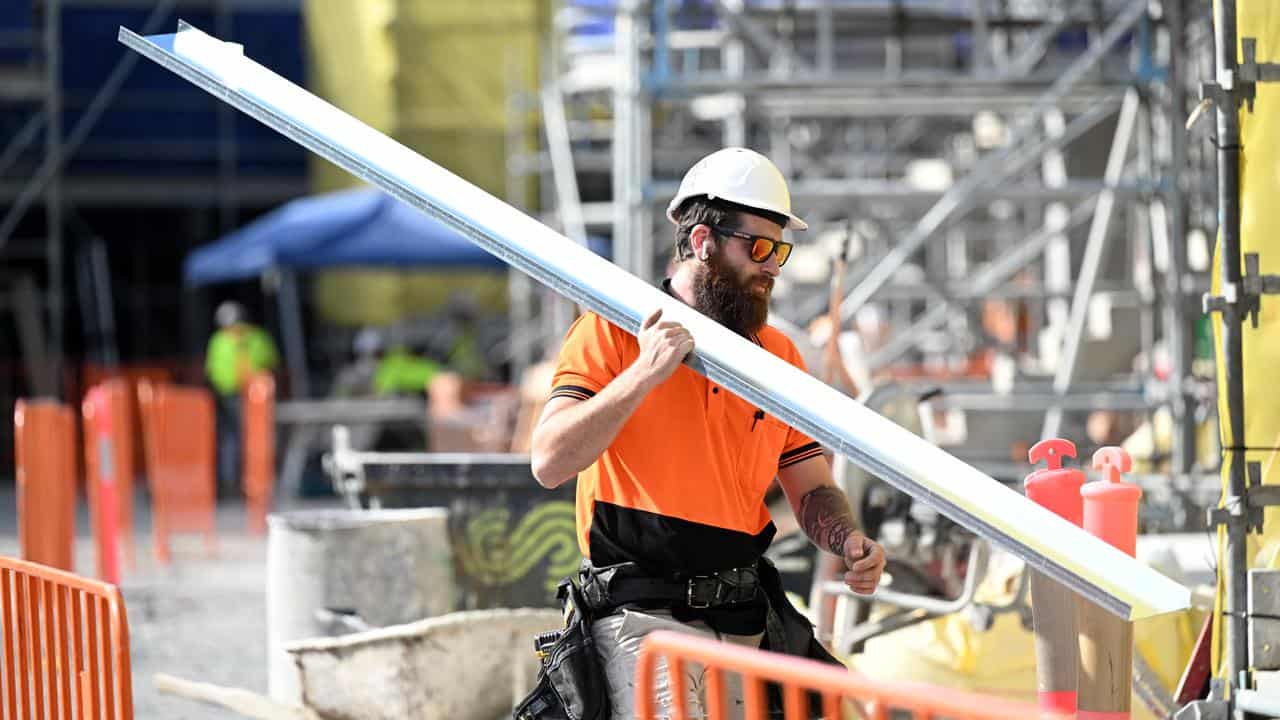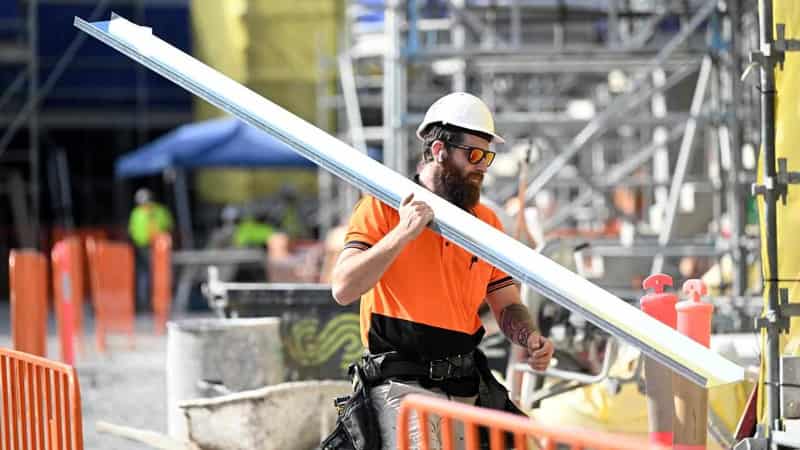
The construction union has taken aim at an industry attack line on upcoming workplace reforms, labelling it a misinformation campaign.
Construction Forestry Maritime Mining And Energy Union national secretary Zach Smith has blasted a Master Builders Australia's assertion that the federal government's workplace reforms will stop self-employed tradies running their own business.
Last month, the Albanese government released details of its "closing loopholes" workplace reforms, including the use of labour hire workers to undercut the rate of pay agreed for employees.
The reforms also seek to criminalise wage theft, bolster protections for gig workers and create a pathway for casuals to become permanent.
The changes have met fierce resistance from employer groups, including the MBA, which says the changes will fundamentally alter the nature of independent contracting.
The building and construction industry group says the proposed laws could force independent contractors to become employees, or put them in a position where they have to defend their right to run their business to the industrial umpire.
Mr Smith told a parliamentary hearing on Friday neither the government nor the union wanted to force tradies to become employees.
"Despite the hysteria that the MBA is trying to whip up in the media, this bill is not going to force tradies to become employees if they are in genuine business for themselves," he said on Friday.
He said there was a pressing need for a statutory definition of an employee as there had been instances when building labourers had been misclassified as independent contractors and underpaid as a result.
"Master Builder's shameful misinformation campaign needs to be called out for what it is, a concoction designed to hoodwink the Australian people," he said in an opening statement.
The MBA has rejected the bill in its entirely, with chief executive officer Denita Wawn calling the proposed changes "complex, complicated, costly and unnecessary".
"It will hurt small business and undermines people’s rights to be their own boss," she said.
She also said the bill would create more options for unions to influence and control parts of the the sector, and to interfere in commercial matters.









